
Read offline
Recommendation
This in-depth examination of copyright law deals with a topical, but often little-understood, commercial issue in an authoritative way. William Patry, Google’s senior counsel on copyrights, plumbs his experience to provide comprehensive information on this complex subject in a clear, logical fashion. This is not to say that everyone would agree with all of his conclusions – it’s a controversial subject. Patry, also the author of the eight-volume set Patry on Copyright, details why current copyright laws fail not only creators but also society as a whole, all those whose interests copyright is supposed to advance and protect. Patry deals with countless requests each month from copyright owners who want to remove their content from Google’s search returns, so he is deeply involved in this issue in a way that could have helped shape his point of view. He advocates using copyright to be sure creators get paid, but not turning to it for tight restriction of other parties’ use of their work. getAbstract recommends this well-sourced work on current copyright law while noting that Patry’s book is also unusual because it does not include a copyright notice. Now, that’s a man who practices what he preaches.
Summary
About the Author
William Patry, Google’s senior counsel on copyrights, wrote Patry on Copyright, an eight-volume guide to copyright law.








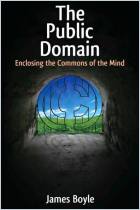
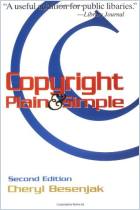
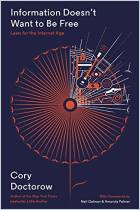
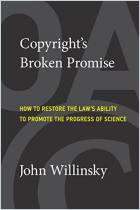
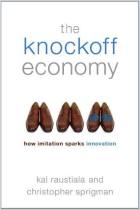
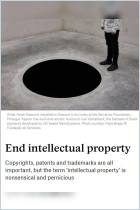







Comment on this summary or Начать обсуждение